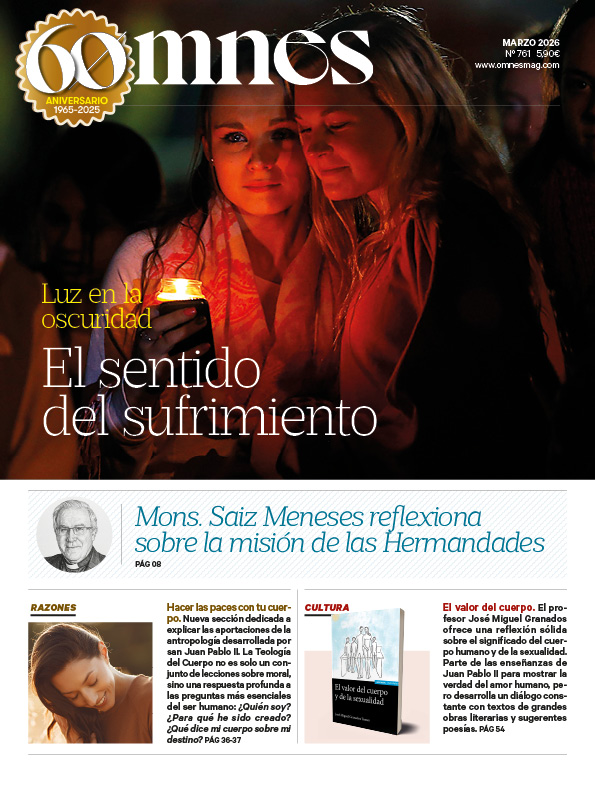Violence is once again hitting the east of the Democratic Republic of Congo. Between August 9 and 16, the territories of Beni and Lubero were the scene of a chain of attacks perpetrated by the Allied Democratic Forces (ADF), a local Islamist group linked to the Islamic State. At least 52 civilians were killed.
The Daesh propaganda agency, Amaq, claimed that 39 of the victims were Christians and celebrated that the militants "burned around 50 Christian houses and confiscated some belongings before fleeing."
The attacks in Congo add to an escalation of violence against Christians that has already left more than 100 people dead so far this year in the region. In July, a Catholic church in Komanda was attacked during a vigil, leaving 35 dead, mostly young people.
Last June, Nigeria was the scene of another tragedy: the massacre of more than 200 Christians in attacks attributed to extremist groups. Despite the magnitude of the horror, the news went almost unnoticed in the general Spanish press, in contrast to the attention received by other tragedies in the West with a smaller number of victims.
A UN day that goes unnoticed
August 22 marked the commemoration of the "International Day of Remembrance for Victims of Acts of Violence Based on Religion or Belief"sponsored by the UN. The day, aimed at condemning terrorist attacks against religious minorities, passed without any echo in public opinion.
On the contrary, for many people religion is a common cause of violence. Authors such as Richard Dawkins have popularized the idea that "religion is the major cause of wars". However, specialized historical studies disprove this idea. The work Encyclopedia of Wars (2004), by Charles Phillips and Alan Axelrod, records 1,763 wars in history, of which only 123 (less than 7%) were motivated by religious reasons, of which only 3% have their origin in Christianity. The famous sociologist Steven Pinker, a regular critic of religion, estimates that only 13% of the worst atrocities in history were related to religion.
Christianity, the most persecuted faith
Worldwide, Christianity is today the most harassed religion. More than 200 million believers live under persecution or severe discrimination. Every day, an average of at least 10 Christians die for their faith, in a reality that, despite its magnitude, hardly generates social alarm in the West compared to other forms of injustice.








